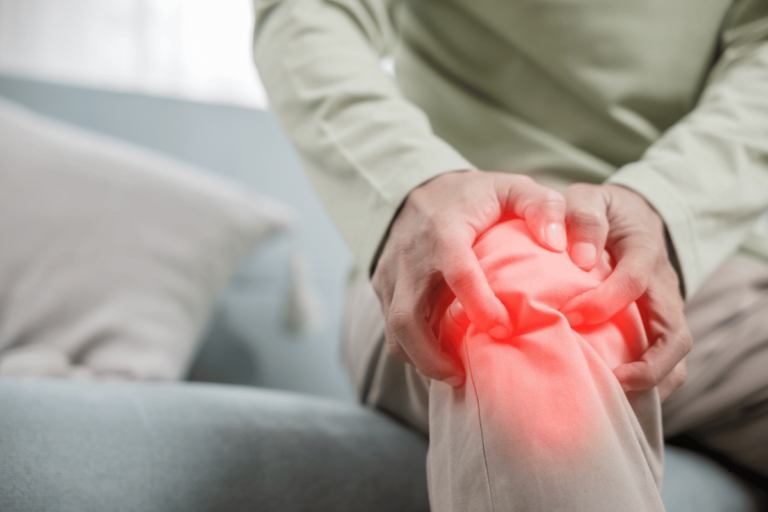Medication-Induced Constipation: Relief Strategies Unveiled
If you're dealing with medication-induced constipation, relief strategies are essential. Common drugs like antidepressants and opioids disrupt gut function, while aging weakens digestive muscles. Combat this by including fiber-rich foods, staying hydrated, and using supplements like Miralax. Hydration softens stools, and fiber supplements add bulk, aiding in managing constipation. Over-the-counter remedies and natural options can provide relief with minimal side effects. Lifestyle adjustments can also help ease symptoms. Get ready to discover more ways to handle this uncomfortable side effect effectively.
Key Takeaways
- Hydration softens stools and aids in relieving constipation caused by medications.
- Fiber supplements add bulk to stool, promoting regular bowel movements.
- Consistent use of supplements with increased water intake is crucial for relief.
- Explore herbal and traditional remedies for minimal side effects in managing constipation.
- Over-the-counter options like Miralax can provide practical relief from medication-induced constipation.
Common Medications Causing Constipation
Common medications such as antidepressants and opioids can lead to constipation by affecting nerve endings in the gut.
These medication interactions disrupt the normal functioning of the gut microbiome, leading to symptoms like infrequent bowel movements, hard stools, straining, and painful bowel movements.
Antidepressants like fluoxetine (Prozac) and amitriptyline (Elavil) alter gut nerve activity, while opioids such as oxycodone (OxyContin) and hydrocodone (Vicodin) inhibit gut movement.
Additionally, calcium-channel blockers and anticholinergics contribute to constipation by relaxing gut muscles and reducing acetylcholine effects, respectively.
Understanding how these common medications impact the gut can help manage and prevent medication-induced constipation effectively. Be mindful of these effects and consult healthcare providers for appropriate guidance on managing constipation caused by medications.
Impact of Aging on Constipation
Aging greatly impacts gastrointestinal health, often exacerbating constipation symptoms in older individuals by causing imbalances in the digestive system.
- Age related factors: As you age, the muscles in your digestive tract may weaken, leading to slower movement of food and waste.
- Digestive system changes: Changes in the gut's nerve function and the amount of water absorbed from waste can contribute to constipation.
- Medication interactions: Older adults often take multiple medications, which can further disrupt bowel regularity.
- Reduced physical activity: With age, decreased physical activity can slow down the digestion process, contributing to constipation.
Understanding these age-related factors and digestive system changes is important in managing constipation in older individuals.
Dietary Strategies for Relief
To alleviate medication-induced constipation, implementing specific dietary adjustments can markedly aid in relieving symptoms and promoting regular bowel movements. Nutritional approaches and dietary interventions play an essential role in managing constipation. Including fiber-rich foods like beans and leafy greens in your diet can help prevent constipation. Staying hydrated and using fiber supplements containing psyllium seed or methylcellulose can also be beneficial. Over-the-counter remedies like polyethylene glycol (Miralax) may provide relief. Maintaining a diet rich in fiber and fluids is vital for regulating bowel movements. Lifestyle modifications and dietary changes can significantly improve constipation symptoms.
| Nutritional Approaches | Dietary Interventions | Over-the-counter Remedies | |
|---|---|---|---|
| Fiber-rich foods | Hydration | Polyethylene glycol | |
| Beans | Fiber supplements | (Miralax) | |
| Leafy greens | Psyllium seed | ||
| Methylcellulose |
Hydration and Fiber Supplements
Implementing adequate hydration and incorporating fiber supplements into your daily routine can effectively alleviate symptoms of medication-induced constipation. These strategies are crucial for managing your condition. Here are some essential points to keep in mind:
- Hydration benefits: Drinking plenty of water helps soften stools, making them easier to pass.
- Fiber supplements effectiveness: Supplements like psyllium seed or methylcellulose add bulk to your stool, promoting regular bowel movements.
- Consistency is key: Make sure to maintain a regular schedule for taking fiber supplements to maximize their effectiveness.
- Balanced approach: Combine fiber supplements with increased water intake for optimal relief from constipation.
Over-the-Counter Remedies
To address medication-induced constipation effectively, consider utilizing over-the-counter remedies as a practical solution for symptom relief. When seeking relief from constipation caused by medications, you may explore herbal remedies and alternative solutions. Natural approaches and traditional remedies can also provide relief from this uncomfortable condition. Below is a table highlighting some over-the-counter remedies worth considering:
| Over-the-Counter Remedies | Benefits |
|---|---|
| Herbal remedies | Gentle on the gut |
| Alternative solutions | Effective relief |
| Natural approaches | Minimal side effects |
| Traditional remedies | Time-tested efficacy |
Exploring these options can offer you a range of choices to alleviate medication-induced constipation.
Lifestyle Modifications for Relief
Consider making lifestyle adjustments to alleviate medication-induced constipation effectively. Here are some strategies that can help you manage constipation:
- Regular Exercise: Engaging in physical activity can stimulate bowel movements and promote gut motility, aiding in relieving constipation.
- Hydration: Make sure you drink an adequate amount of water daily to soften stools and facilitate easier bowel movements.
- Balanced Diet: Incorporate fiber-rich foods like fruits, vegetables, and whole grains to promote regularity and prevent constipation.
- Stress Management: Practice stress-reducing techniques such as meditation, deep breathing, or yoga to help relax the body and potentially alleviate constipation symptoms.
Expert Advice and Disclaimer
For reliable guidance on managing medication-induced constipation and understanding potential risks, consult with healthcare professionals who can offer expert advice tailored to your specific needs.
Medical guidance is essential in understanding the complexities of constipation induced by medications. Seek personalized advice from healthcare providers to address your unique situation effectively.
While this article provides valuable information, direct medical advice from a qualified clinician is always recommended. Remember that the content here is for informational purposes and shouldn't replace professional medical guidance. Make sure you consult with your healthcare team for personalized recommendations and treatment plans.
Stay informed about the latest updates and seek expert advice to manage medication-induced constipation effectively.
Conclusion
To wrap up, managing medication-induced constipation can be like unraveling a knot – challenging but not impossible.
By implementing dietary changes, staying hydrated, and utilizing over-the-counter remedies, you can loosen the grip of discomfort and improve your quality of life.
Remember, with the right strategies in place, you can untangle the issue of constipation and experience relief.
Stay proactive and informed to break free from the constraints of medication-induced constipation.







